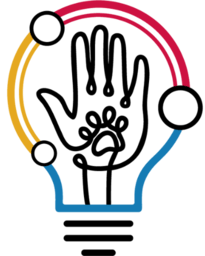Translational Cancer Research
At the University of Guelph we have a unique capacity to conduct companion animal clinical trials. With the increasing number of companion animal cancer patients (more than 5500 visits in 2018/19), we are able to recruit and conduct numerous clinical trials in a variety of cancer types. Since 2004, we have successfully carried out 39 cancer trials, and currently 16 trials are active. Our centre is the first Canadian institution involved in the NIH Comparative Oncology Trial Consortium. Our extensive experience in companion animal clinical trials allows us to fill an unmet translational gap in cancer therapy design for people, and this has attracted significant attention from human clinical cancer scientists. The funds from this grant will allow us to considerably enhance our cutting-edge translational research and will lead to the development of better therapies to take to human clinical trials. In addition, through this work, we will establish regulatory pipelines to change the landscape of how cancer interventions are evaluated and approved.
Our interdisciplinary research team will focus on the following themes to address the unmet need of developing effective and impactful cancer therapies:
- Cancer Therapeutics
- Existing and future pan-cancer and cancer-specific therapies that can be tested in companion animal cancer clinical trials
- Development of canine PDX models – feed back to murine models for therapy refinement and further testing in clinical trials
- Cancer Interventions
- Improvements in staging/surgical/ procedural companion animal cancer treatment that can be applied to human cancer therapy
- Medical devices
- Maximizing Quality of Life in Cancer Patients
- Pain mitigation using cannabinoids and other supportive interventions
- Impact on human-animal bond
- Personalized Medicine
- Matching therapies with genetic mutations
- Identification of unique biomarkers of disease progression and response to therapy
- Bi-directional information sharing on genetic similarities/differences, and identification of predictive tools and therapeutic targets
<A picture to break the text & change the composition>








